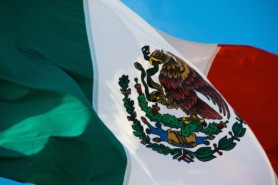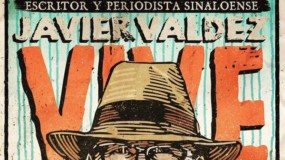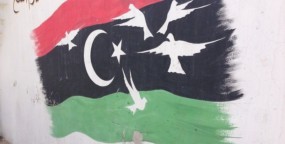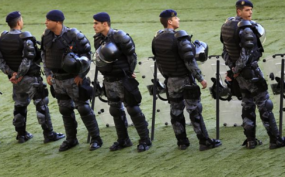Posted on 29 Dec 2011
Pakistan is uniquely placed in the crime and illegal economy nexus due to its geographic location. This study – the first of its kind in Pakistan – has been commissioned by the United Nations Office on Drugs and Crime (UNODC) to assess the size, nature and dynamics of the illegal economy in Pakistan and inter-linkages with the region and beyond. The focus is on the dominant forms of transnational organized crime present within the region, specifically, drugs and precursors trafficking, migrant smuggling and human trafficking, arms trafficking, illegal timber trade and kidnapping for ransom.
These forms of crime have become a threat to governments, civil societies and economies, undercutting the rule of law and hampering the achievement of Millennium Development Goals. Traditionally, these issues have been left at the edge of development discourse but there is now an acknowledgement at the highest levels in the United Nations and by leading institutions like the World Bank and the World Economic Forum that security issues need to be mainstreamed into traditional development paradigms. The United Nations has recently established a Task Force to focus the United Nations Development Group (UNDG) regional teams, United Nations country teams and peacekeeping and political field missions to effectively address these issues.
The key finding of this study is that in an inter-connected world, countering the illegal economy is a shared responsibility. It is striking that most illicit flows go to major economic powers. In other words, the world’s biggest trading partners are also the world’s biggest markets for illicit goods and services. This reflects the extent to which organized crime has become linked to the global economy, and vice versa, through the illicit trade of legal products (like natural resources), or the use of established banking, trade and communications networks (financial centres, shipping containers and the internet).



